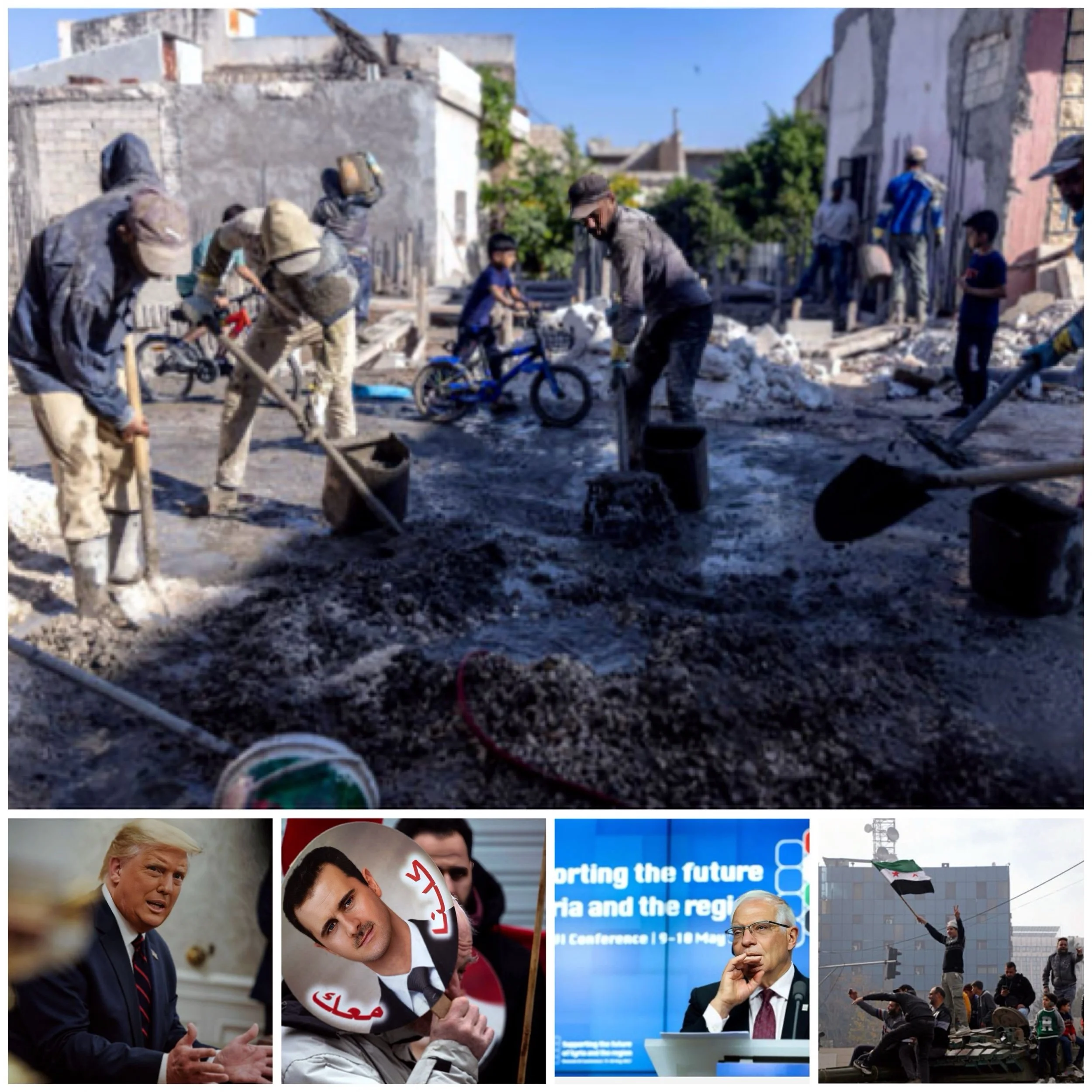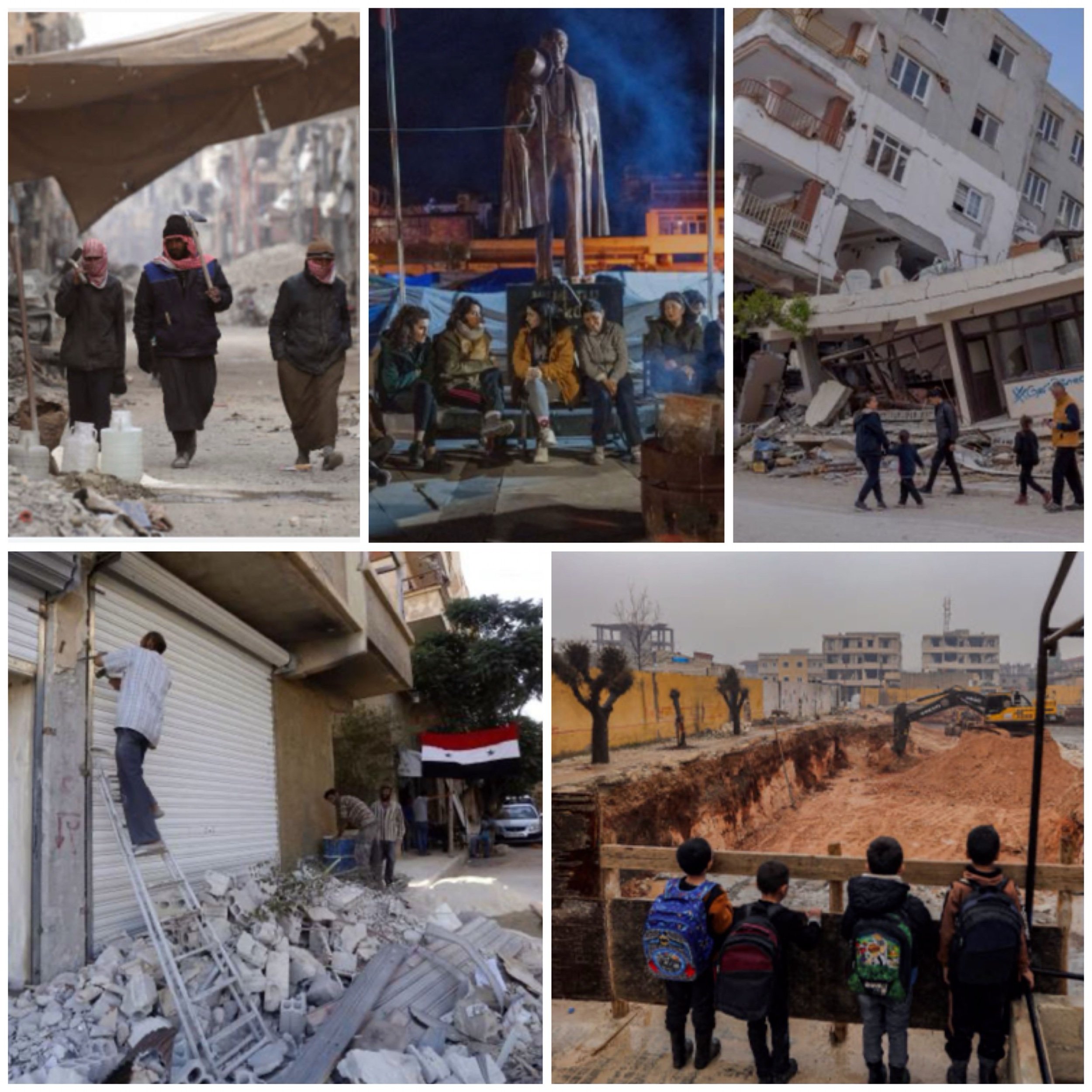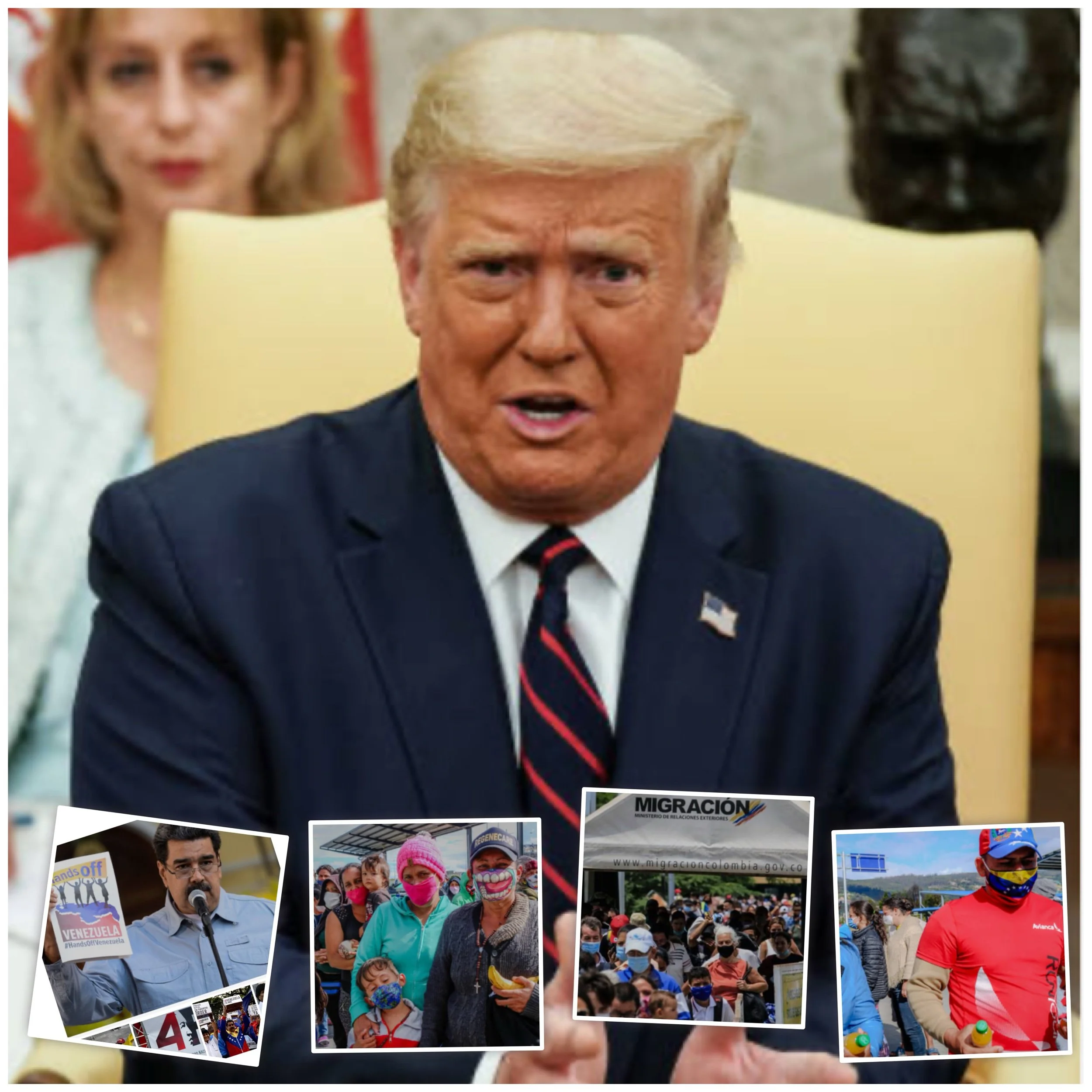How can international sanctions be lifted to support Syria's economic recovery
Introduction
The lifting of international sanctions on Syria to support its economic recovery is a complex process that requires careful consideration and specific conditions to be met. Based on recent developments following the fall of the Assad regime, several key steps and requirements have been outlined:
Conditions for Lifting Sanctions
Political Transition and Inclusivity
The new Syrian government must demonstrate a commitment to a peaceful political future that includes all minority groups.
UN-supervised elections based on a new constitution should be held, as called for by Arab foreign ministers.
Rejection of Extremism and Foreign Influence
Syria’s new leadership must ensure that extremism has no place in the country’s future.
The EU has emphasized that Russia and Iran should not play a role in Syria’s political process.
Human Rights and Accountability
The new government must prioritize human rights standards and implement reforms promoting justice and equality.
Sanctions against approximately 300 senior figures from the former regime should be maintained to ensure accountability for past crimes.
Phased Approach to Lifting Sanctions
Targeted Sanctions Relief
Sanctions on state institutions and bodies could be lifted conditionally, with strict and transparent monitoring mechanisms in place.
This approach aims to prevent funds from being diverted to corrupt entities or those involved in human rights violations.
Economic Reforms
The new Syrian government should implement reforms to financial institutions and collaborate with civil society organizations to foster transparency and justice.
International Support and Monitoring
The EU is sending an envoy to Damascus for talks with the interim government to better understand their intentions and plans.
International support for reconstruction efforts should be tied to transparent governance and adherence to human rights standards.
Challenges and Considerations
Interim Government Composition
The current interim government, set up by former opposition forces led by Hayat Tahrir al-Sham (HTS), is considered a terrorist organization by the EU and US, complicating immediate sanctions relief.
Economic Crisis
Syria’s economy has contracted by 85% since 2011, with widespread poverty and collapsed infrastructure.
Rapid sanctions relief is crucial for addressing urgent needs such as rebuilding infrastructure and restoring essential services.
Regional Stability
The EU seeks assurances that Syria’s territorial integrity will be maintained and that there will be no foreign interference.
Conclusion
lifting international sanctions on Syria requires a delicate balance between supporting economic recovery and ensuring political reform and accountability. The process will likely involve a gradual approach, with sanctions relief tied to specific benchmarks in political transition, human rights improvements, and governance reforms. International cooperation and monitoring will be crucial in this process to support Syria’s path towards stability and economic recovery.






